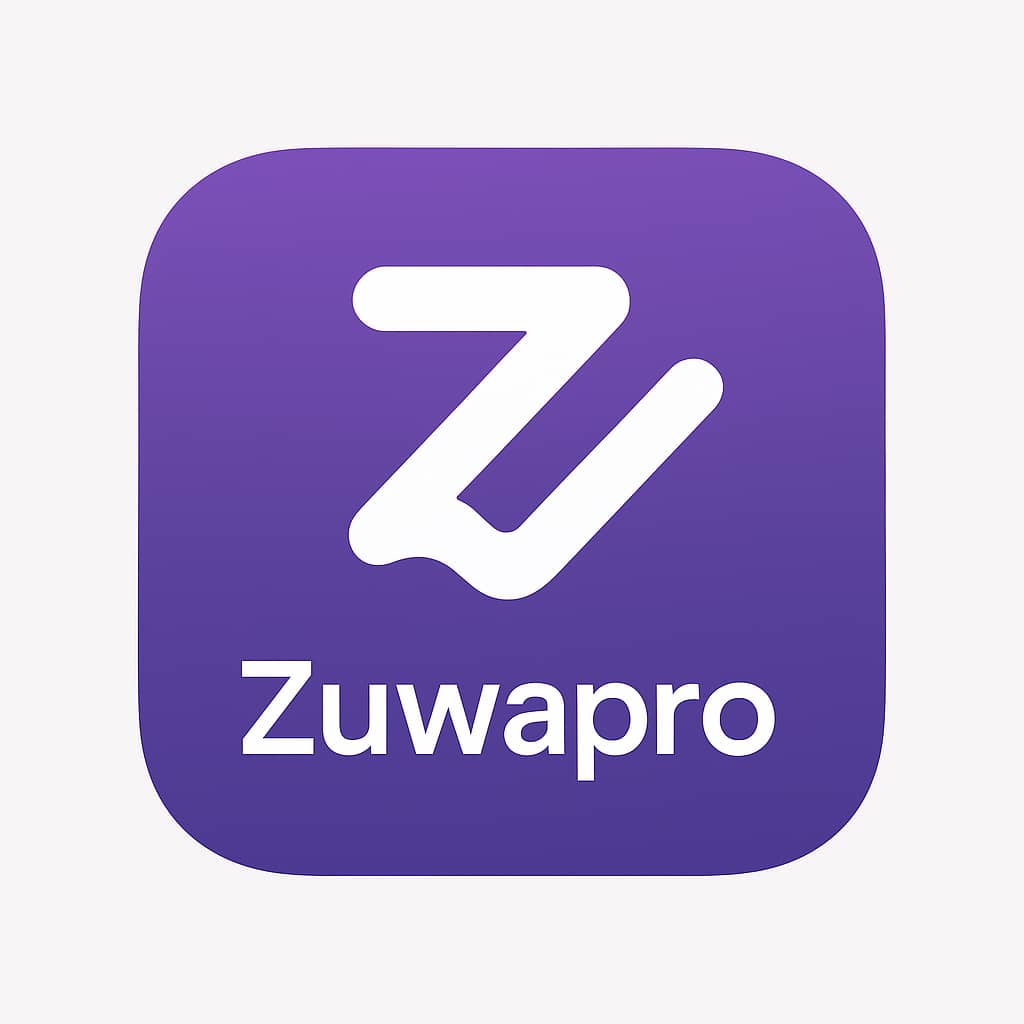10 BEST PRODUCTS AND SERVICES CAN SALE ONLINE AND MAKE MONEY
BEST PRODUCTS AND SERVICES ON ZUWANU.
These are lists of hot selling products in Nigeria that you can sell and make money online in Nigeria, these hot selling products are trending on-demand now.

- buy sell trade
- bicycle buy sell
- selling sites
- You can sell online here
- its like facebook buy and sell
- yes you can truely buy sell
- zuwanu is online selling sites
- Start selling books online
- we have apps to sell stuff
- you can sell used clothes
- Zuwanu is number 1 among selling websites.
- Nigerian buy and sell websites get started here
- sell textbooks amazon you can sell here too.
- places to sell clothes
- amazon unclaimed packages for sale
- sell bazar
- websites to sell stuff
- Find private vans for sale near me
- apps to sell clothes
- sell old clothes
- buy sell and trade gift cards
- dogs for sale olx
- olx buy and sell
- sell your clothes
- best place to sell clothes for cash
- second hand bicycle for sale
- second hand furniture buyers near me
- best apps to sell stuff
- old clothes buyers near me
- second hand app
- websites to buy and sell items
- best things to buy and sell for profit
- sell second hand clothes
- sell old clothes online
- sell my clothes
- sites to sell stuff
- buy and sell near me
- sell second hand furniture
- olx cars for sale price
- sell online for free
- websites to sell cars by owner
- things to buy and sell to make money
- sell used car online.
- online buying and selling sites
- used items for sale websites
- buy and sale
- facebook buy sell trade
- selling used furniture
- 2nd hand bicycle for sale
- buy sell trade shoes near me
- sell used furniture for cash
- sell used clothes near me
- caithness buy and sell
- sell your clothes online
- sell second hand furniture for cash near me
- local vans for sale
- auto trader sell my car
- olx puppies for sale
- offer up selling
- sell my clothes near me
- second hand bike for sale
- shopee philippines online buy and sell
- selling cars online
- buy and sell sites
- websites to sell clothes
- sell used furniture for cash near me
- high prairie buy and sell
- honda brv for sale
- dog selling sites
- old motorbikes for sale cheap
- second hand sites
- killybegs buy and sell
- best car selling sites
- used cars private sellers
- buy and sell furniture
- online resale sites
- jiji nigeria buy and sell
- sell used shoes
- dunnville buy and sell
- most bought items online
- buy search sell
- olx shop for sale
- clothes selling sites
- sell used items
- second hand selling sites
- 2nd hand bike for sale
- second hand clothes app
- buy and sell clothes
- local buy and sell
- sell clothes for cash near me
- places to sell online
- best online car shopping
List of Hot selling items you can sale and Make money with 2022
hot selling products in Nigeria

1 item of clothing
2 Toiletries
3 Kiddies items.
4 Phones and accessories.
5 Bedroom and furniture.
6 Hair and wig extensions.
7 Office furniture and Books.
8 Kitchen Utensils.
9. Fancy car accessories and Perfumes.
10 Oil perfumes and deodorants.
| 1 item of clothing |
| 2 Toiletries |
| 3 Kiddies items. |
| 4 Phones and accessories. |
| 5 Bedroom and furniture. |
| 6 Hair and wig extensions. |
| 7 Office furniture and Books. |
| 8 Kitchen Utensils. |
| 9 Fancy car accessories and Perfumes. |
| 10 Oil perfumes and deodorants. |
